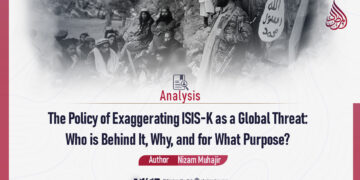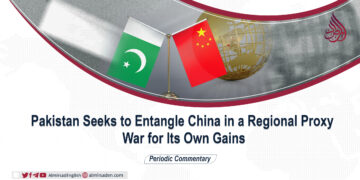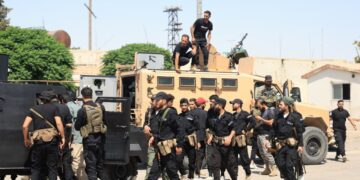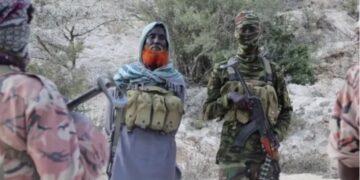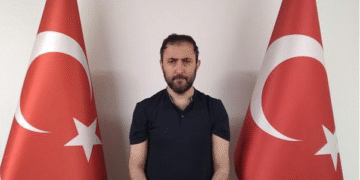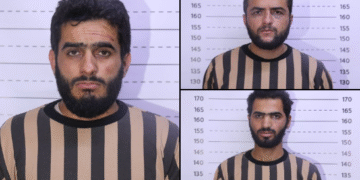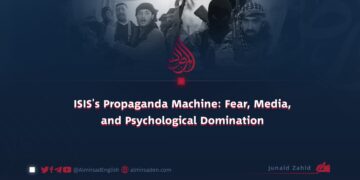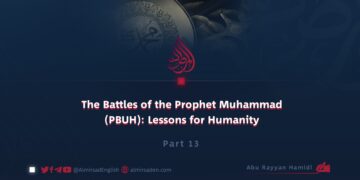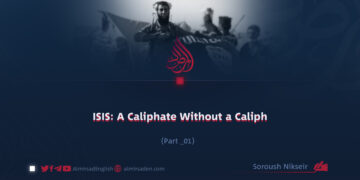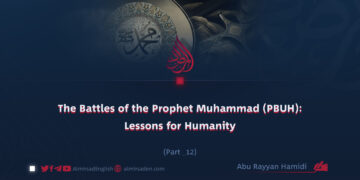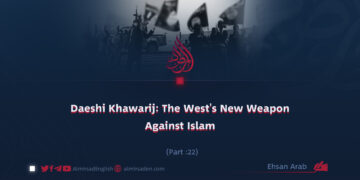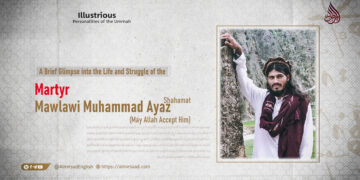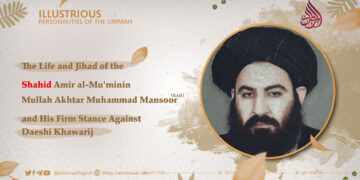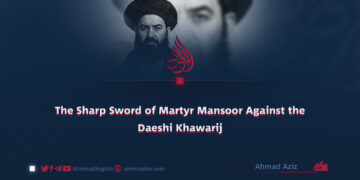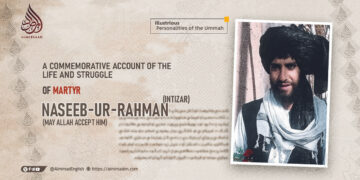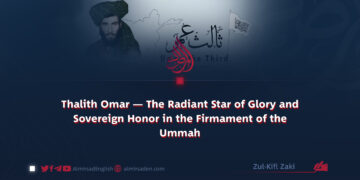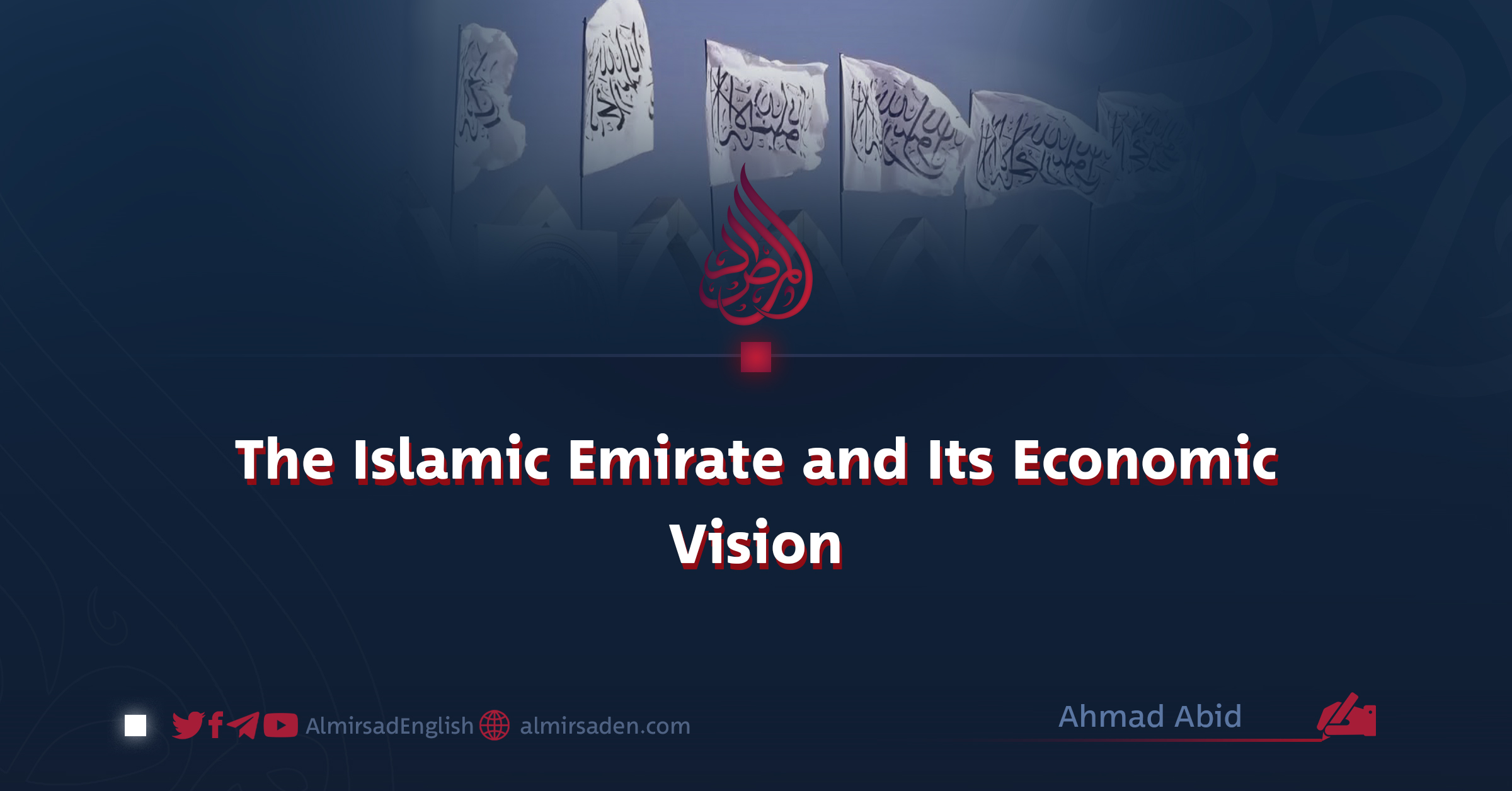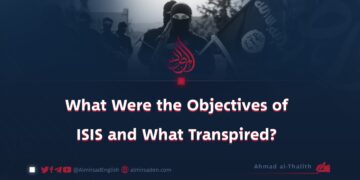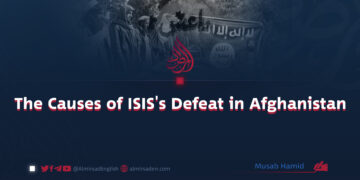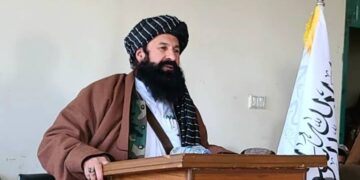Written by: Ahmad Abid
The economy is considered the backbone of any system or society. The lives of individuals and the sustainability of society are deeply intertwined with economic stability. Economic stability serves as a fundamental principle for social justice, job creation, and poverty alleviation. A robust economy ensures that individuals have access to basic necessities, thereby contributing to the stability and progress of society.
The political strength of a country is intricately tied to its economic power. A weak economy can lead to political issues, rebellions, and internal or external pressures. Conversely, a strong economy can guarantee the stability of the system.
Even matters concerning security and defense within a system necessitate a resilient economy. The funding for weapons, equipment, and security forces comes from economic resources.
In the contemporary world, the economy plays a vital role, shaping relationships between nations based on economic strength. A nation with significant economic power holds greater influence and capacity for international cooperation.
When a system is Islamic, the emphasis on economic affairs should be heightened compared to other systems. Economic affairs are governed by high values and principles within the Islamic framework. The economy serves not only as a means to satisfy people’s needs but also as a crucial component of social justice, welfare, progress, and the fulfillment of divine commands.
In an Islamic system, the economy should be managed in a manner that caters to the needs of all individuals fairly, eradicates poverty and inequality, and steers society towards economic independence and progress rooted in Islamic principles.
For this reason, over the past three years, the Islamic Emirate of Afghanistan has taken substantial steps in the economic sector, yielding noteworthy results. These endeavors illustrate the Islamic Emirate’s commitment to reducing dependence on foreign aid and leveraging its natural resources and domestic capacities. Notable achievements in mineral extraction, water management, and export expansion are praiseworthy.
The Islamic Emirate has strived to make Afghanistan’s economy self-sufficient, moving away from reliance on foreign assistance. Despite initial economic challenges due to the cessation of international aid, effective utilization of domestic resources has mitigated some of these pressures. Revenue generated from mining, agricultural growth, and increased exports signify Afghanistan’s significant progress towards economic self-reliance.
During the three-year tenure of the Islamic Emirate, Afghanistan’s exports have surged from $800 million to nearly $2 billion. Additionally, significant developments such as the Qush Tepa Canal project, advancements in mining, and maintenance of currency stability are noteworthy achievements.
The leadership of the Islamic Emirate of Afghanistan believes that within the framework of an Islamic system, the economy is not solely a mechanism to meet individuals’ needs but a vital religious duty aimed at implementing divine commands and achieving important objectives.
The Islamic Emirate’s leadership asserts that Allah has entrusted humans with the earth’s wealth and charged them with responsibly managing it. Economic activities should not be solely profit-driven but instead focus on societal welfare and upholding Islamic principles. Therefore, Islamic and Shariah guidelines are never disregarded in economic affairs.



